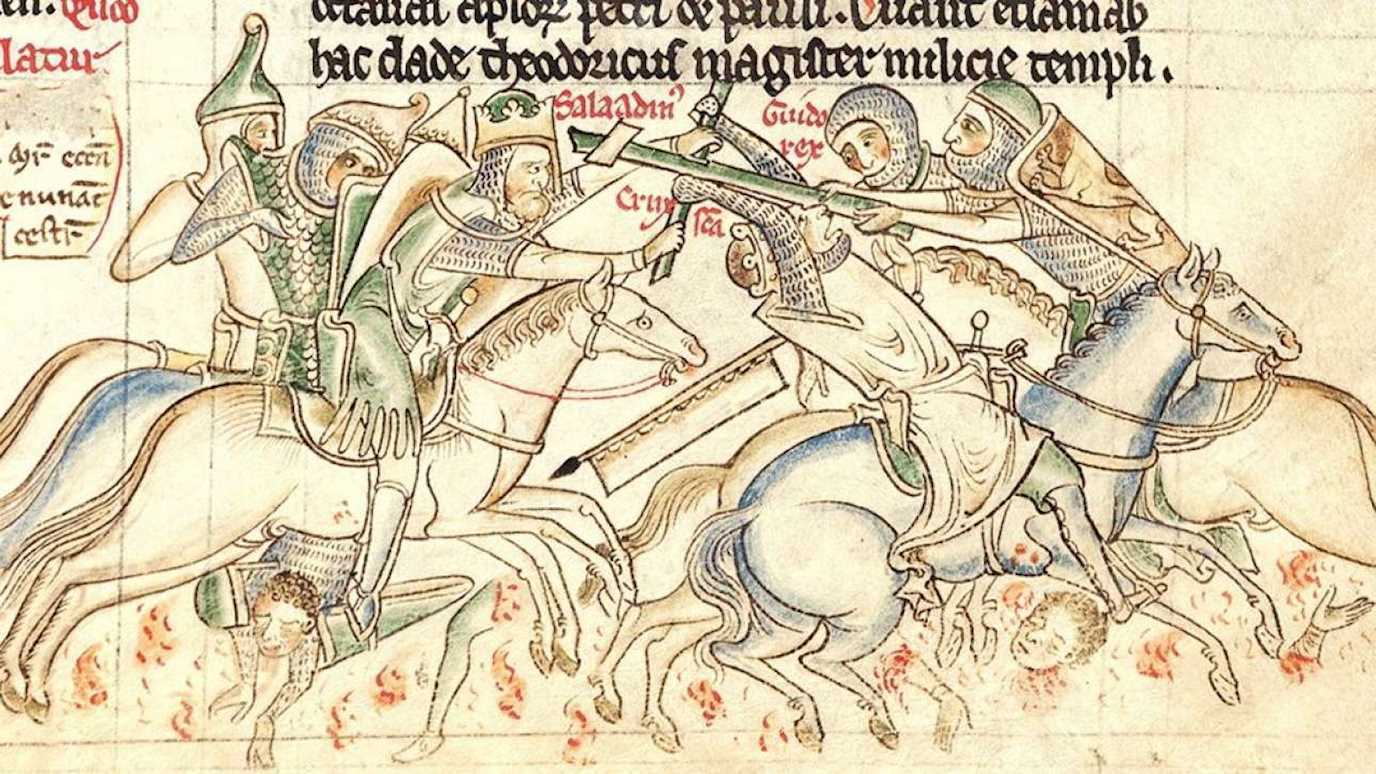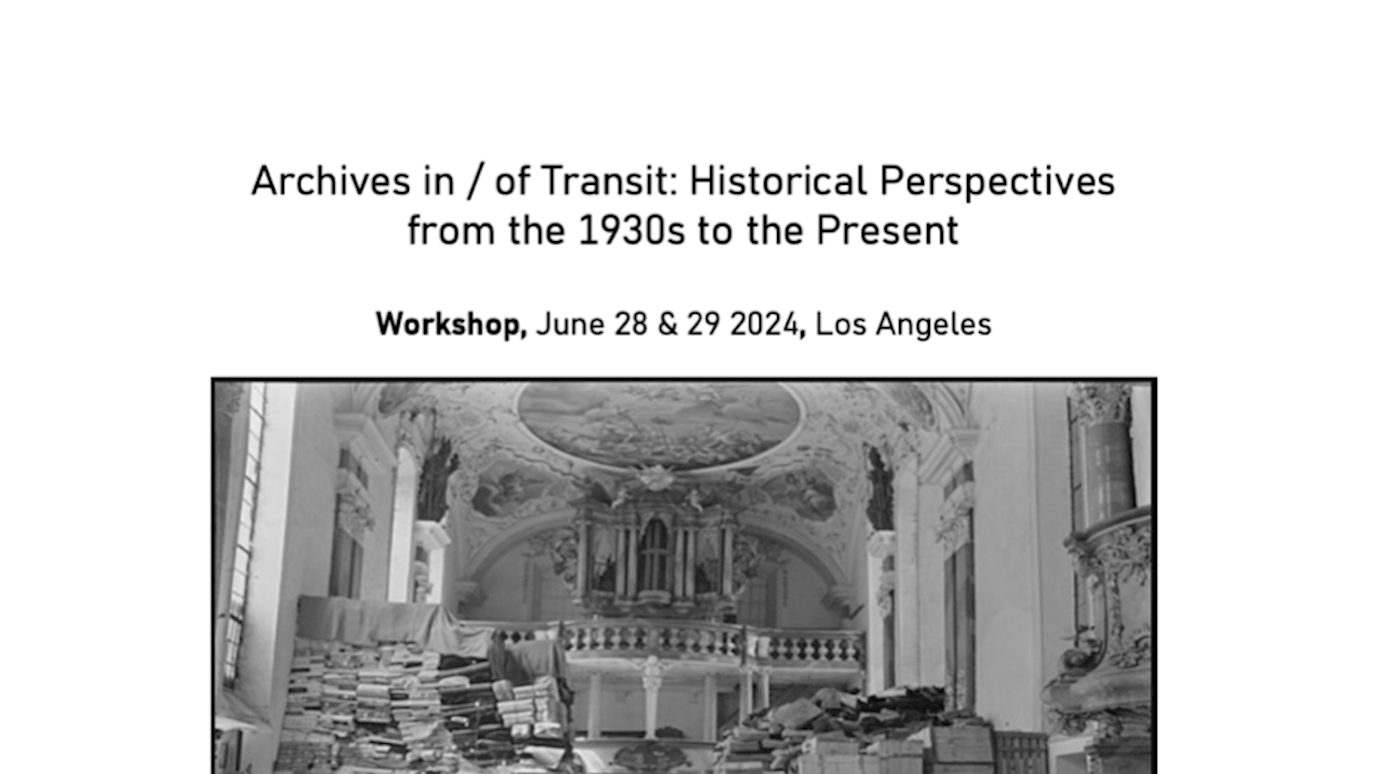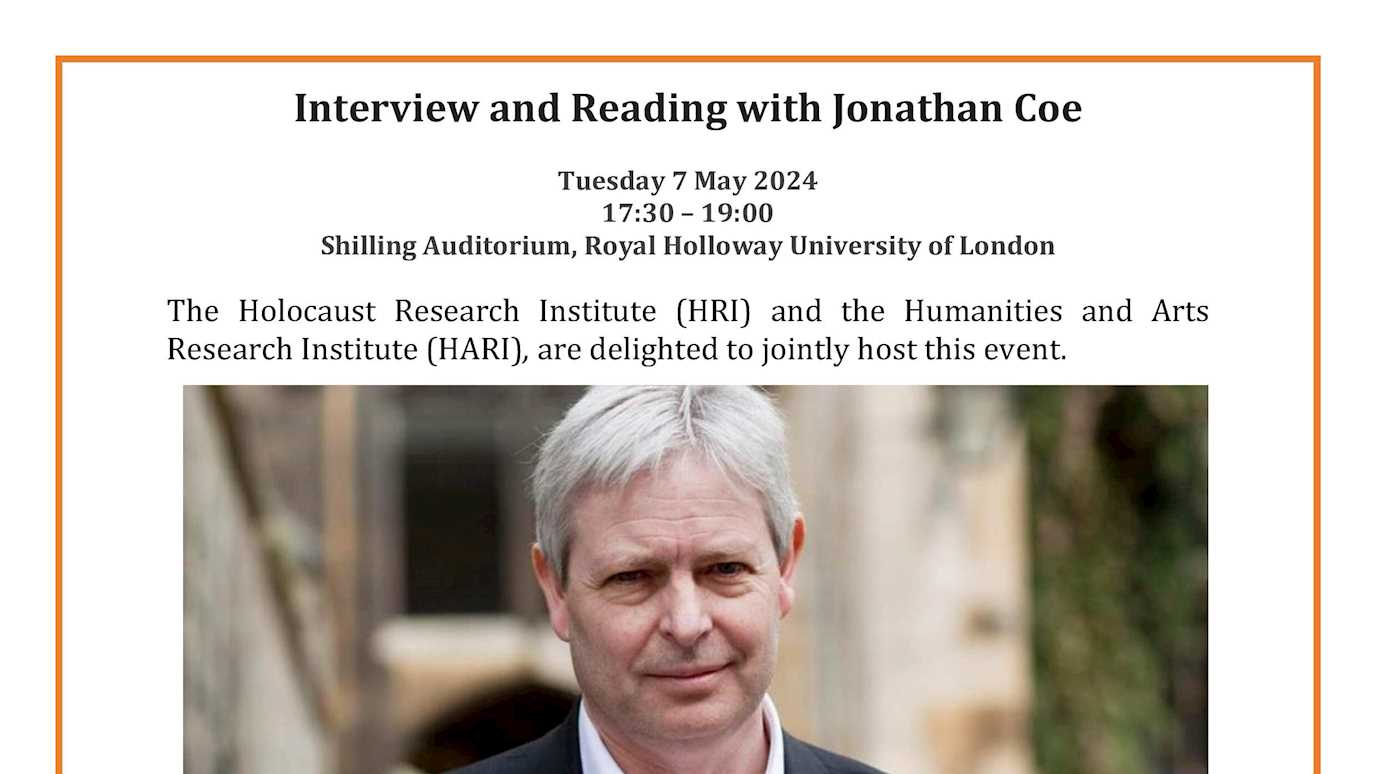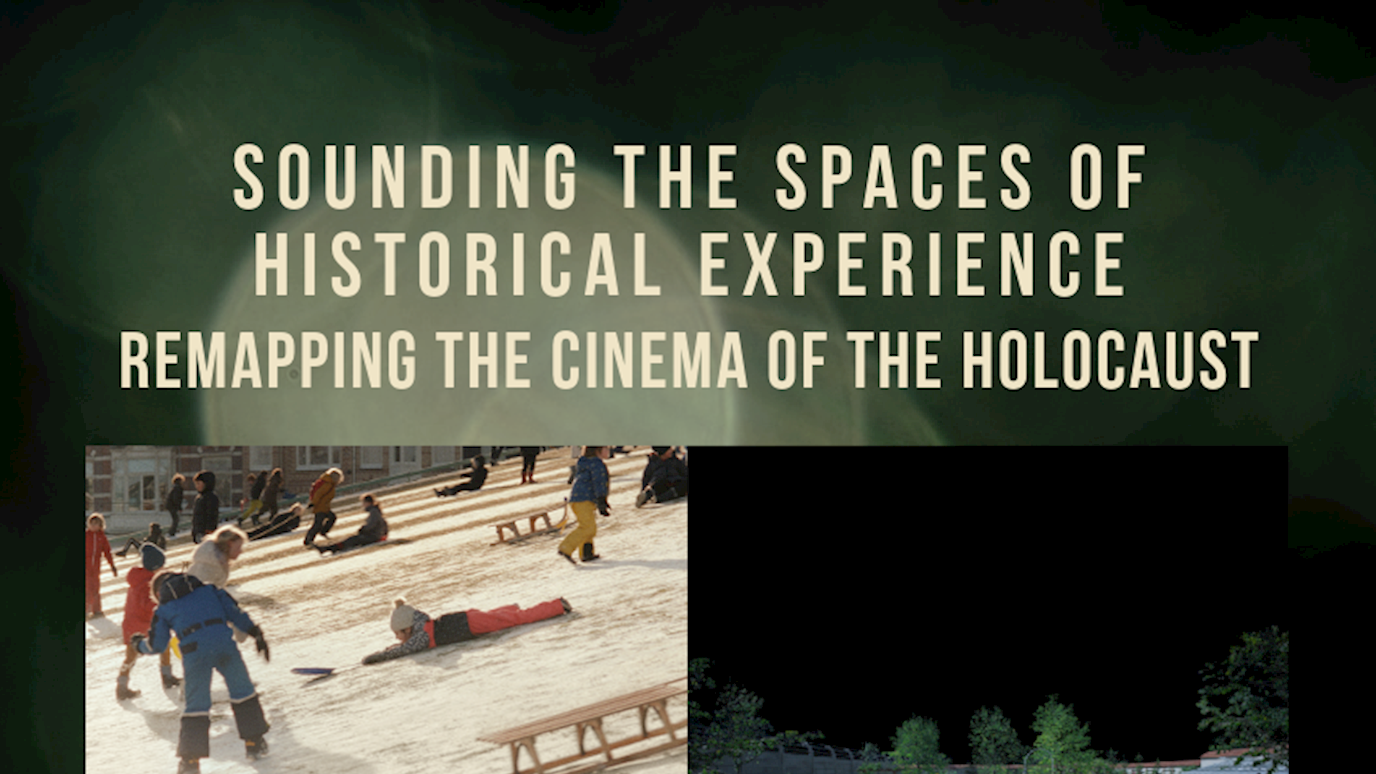On 25 February over seventy people from as far afield as Brighton and Manchester gathered to hear Sarah Dunant, Stella Tillyard and Dr Jerome de Groot discuss the benefits and limitations of popular historical fiction as a means of stimulating the wider public to enjoy learning and thinking about the past. The speakers also engaged with questions about the differences between novelists and historians and whether reading for fun is historical engagement.
Jerome de Groot, who researches historical fiction and the representation of history in popular film, television, drama and games, opened the session by highlighting how important pleasure is for reading about and understanding the past. For him novels allow authors to hold the past to account and replace voices and events missing from dominant historical accounts. They replace ‘the senses’ that academic history leaves out and stimulate empathy, yet, he concluded that ultimately they are still ‘enjoyable lies’.
For bestselling novelist Sarah Dunant (whose works include The Birth of Venus and Blood and Beauty) fictions are stories (not lies) that stimulate readers’ empathy and imagination to think more deeply about history. She emphasised the way that novelists can foreground the voices of those rarely found in the archives and recreate events to illuminate their lives in ways that historians cannot. The fissures between records, memory and truth, she argued, is why historians and novelists are should work together.
Stella Tillyard, who is highly praised for both her fiction and non-fiction work (including Aristocrats and Tides of War) explored what the historical novel (and novels set in the past) can do that non-fiction cannot. For her novels go where historians can’t – they allow, even liberate, authors to explore issues by removing them from their immediate temporal surroundings. Like Opera they utilise feeling and the absence of facts to say what they want more freely and stimulate people to think more deeply.
This extremely enjoyable and stimulating event was organized and chaired by Dr Nicola Phillips, of Royal Holloway, to mark the re-naming of the London Centre for Public History, directed by Dr Anna Whitelock, and the launch of its new website. The level of interest, in the UK and internationally, meant that the event was recorded for those who could not attend and you can listen to all the speakers here.
























